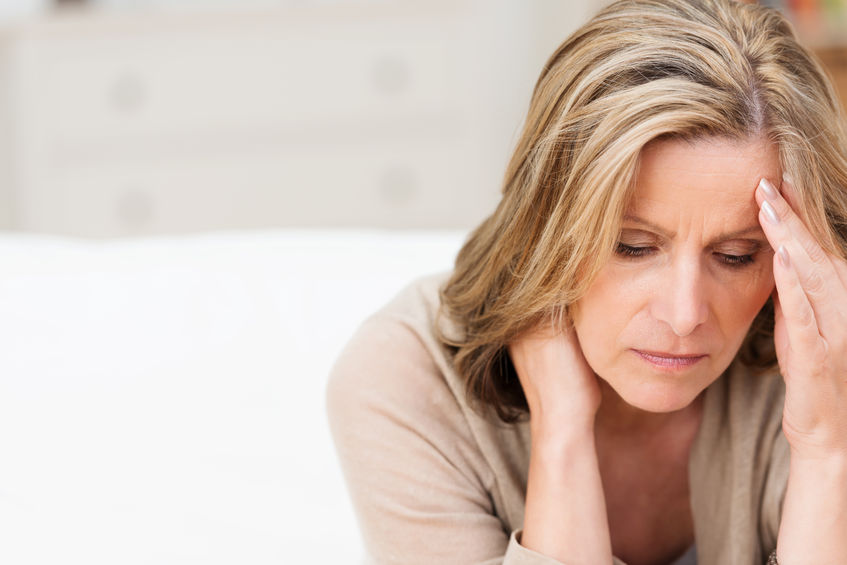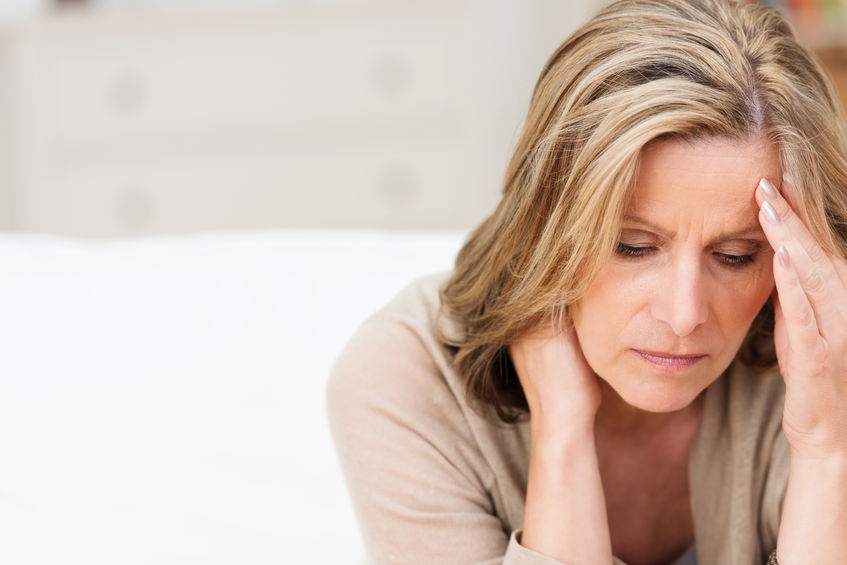Tis the Season for Seasonal Affective Disorder


Finally, we are heading back towards the longest days of the year! This can feel like a very long haul for those suffering from Seasonal Affective Disorder. Some people refer to this disorder in short form as SAD which also is a fit for the symptoms you can experience!
Seasonal Affective Disorder is a very real mood disorder affected by the time of year partially because of the change in daylight hours and exposure to that sunshine and natural vitamin D. The lack of light messes with our biological clocks and circadian rhythms which affect our sleep/wake cycles, body temperatures and more. Seasonal Affective Disorder will generally start and finish around the same time of year. For most people, it starts in the fall and ends in early spring.
The symptoms of Seasonal Affective Disorder are similar to the symptoms of other types of depression which include:
- Loss of appetite or overeating, with weight gain.
- Hopeless about the future, excessive pessimistic feelings.
- Irritability or restlessness or agitation.
- Decreased energy and chronic fatigue.
- Loss of memory, difficulty concentrating or making decisions.
- Loss of interest and pleasure in your usual activities.
- Sleep disturbances – difficulty sleeping or sleeping too much.
The biggest difference is that symptoms come and go with the seasons. It is important to book a consultation if you are experiencing any of these symptoms to rule out any other types of depression and get a proper assessment so that you can get on the right path of treatment.
Here are some things you can do if you think you have this.
- Try not to panic – it is time to make an appointment!
- Get lab work to make sure there are no underlying causes like a thyroid disorder
- Consider getting your Vitamin D checked
- Work on balancing your circadian rhythm. This is your day/night cycle. This means waking up and going to bed at the same time, eating at the same time and even exercising at the same time.
- Consider buying a light box.
- Get outside more!
- Consider going on vacation somewhere sunny! This is only my advice as there is no medical proof to support this but I highly recommend a winter trip somewhere warm if it works for you! Who doesn’t love a good vacation?
- Exercise – it can really boost your mood.
- Work with a professional to determine if herbs, nutrients or medications are needed.
Seasonal Affective Disorder is found to be four times more likely in women than men. It is one of many possible hormonal causes of depression. Generally, you may see a pattern over a couple of winter seasons with improvement when spring comes. It’s important to pay attention to these symptoms and address them as the severity can be different from person to person. What may support your friend may be different for you!
At our clinic, we have helped identify and treat patients with Seasonal Affective Disorder. If you are looking for personalized care, we can help.
Just click the link below to set up your complimentary consultation with our patient care concierge, and they will direct you on how to proceed further for getting help from one of our wonderful doctors.
